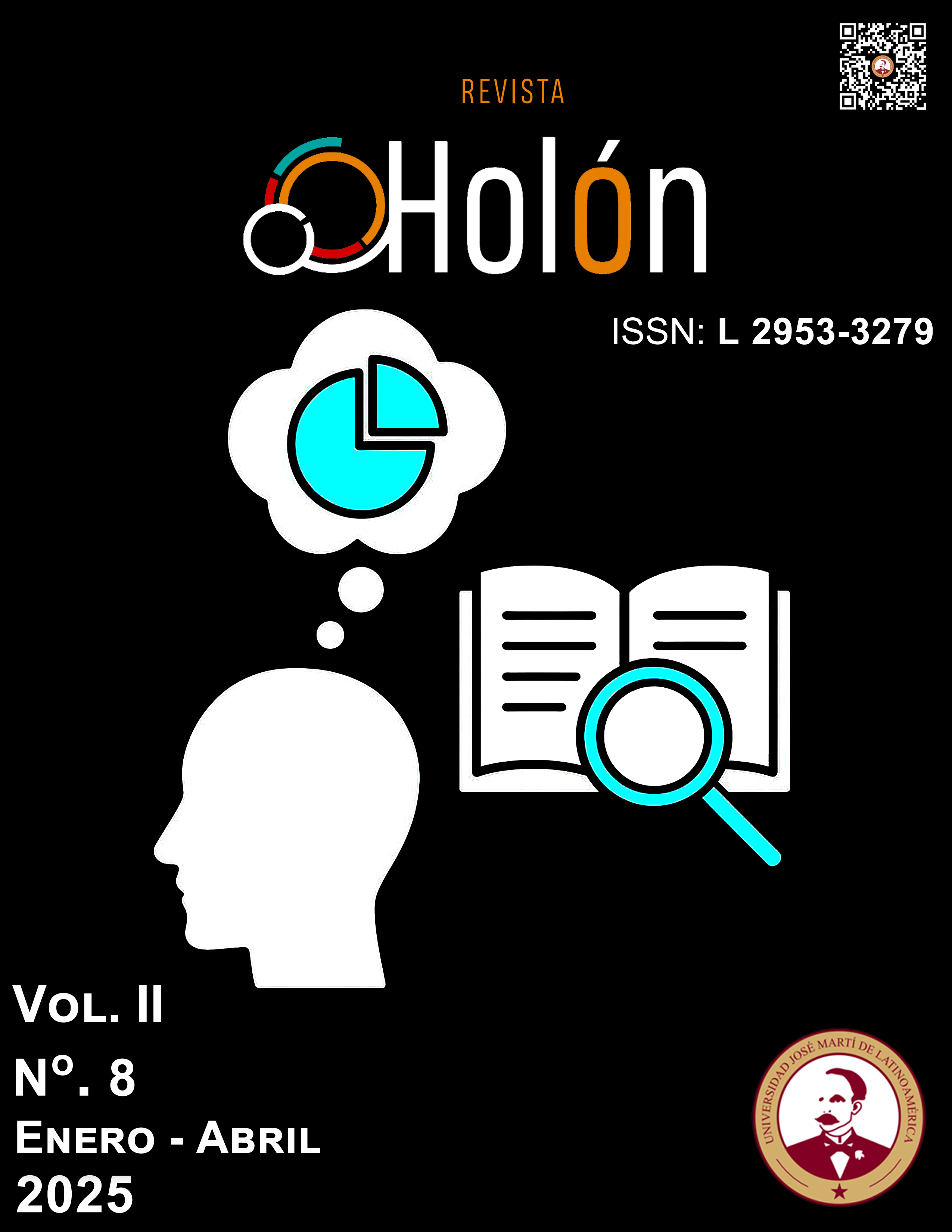

Copyright (c) 2025 Revista Holón

This work is licensed under a Creative Commons Attribution-NonCommercial-ShareAlike 4.0 International License.
This essay questions the traditional conceptualization of education based on the dichotomy between rural and urban, which reduces rural education to what happens in educational institutions, subordinating them to the urban model, thereby ignoring the endogenous multidimensional potential of the rural context itself. The thesis focuses on the generalizing systematicity of the multidimensional transepistemic epistemology of the diversity of knowledge, with its genesis in Rural Education, as a praxiological and methodological basis for self-experimental actions. This reflects the inaccuracy and utopia toward the unknown, in order to encourage scientific and experiential exchange of everyday knowledge with ethical, aesthetic, and axiological rigor in harmony with the environment. The result allows us to weave together an edge that reveals the transcendence of our own constructs as cultural icons for the study of rurality, the methodological approach to establish a diverse relational motivation, and the conceptual combination that establishes a break with tradition. These ideas precede the transepistemic perspective of diverse knowledge, which emphasizes sustainable didactic-methodological redirection in the multi-method approach of diverse multilinear conceptual combinations and the closure of the didactic-methodological imaginary with the endogenous. This essay presents results with key references to the Rural Education Research Project (PIER) of the Latin American Center for Studies in Epistemology in Pedagogy, comprised of a multinational collective. This dissemination is an incitement to a new didactic-methodological imaginary, to emerge with a minimum of educational philosophy that reflects the richness of Latin America and the Caribbean in its diversity.